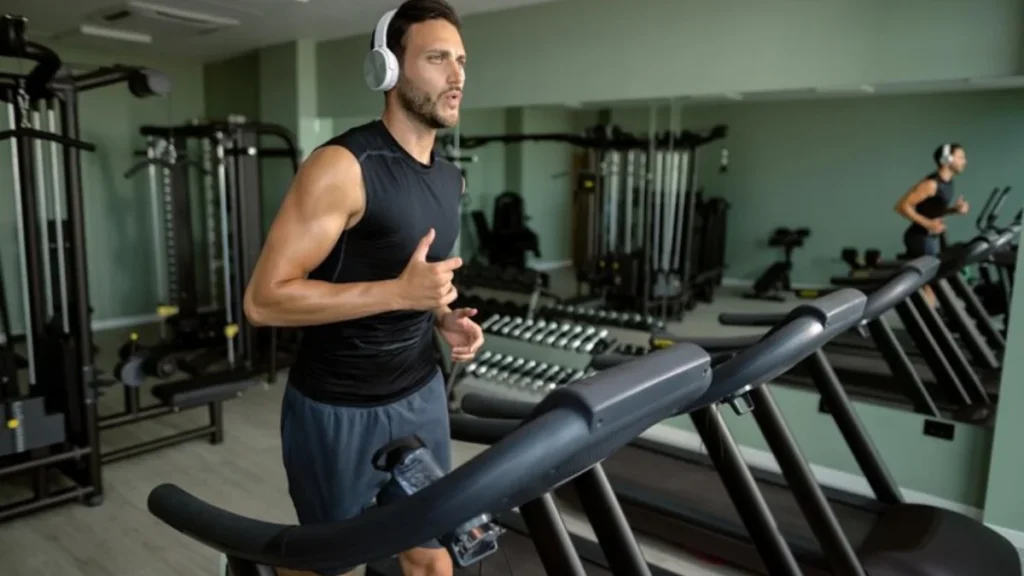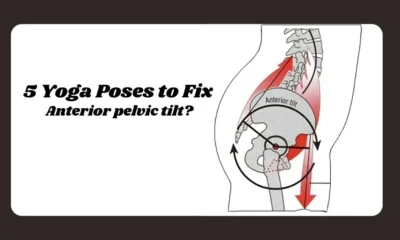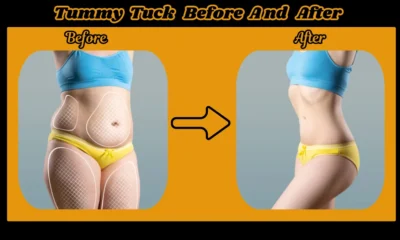HEALTH AND FITNESS
Pros and Cons of Steady State Cardio for Fat Loss

Steady state cardio is aerobic exercise maintaining low to a moderate intensity that can be sustained for an extended period. By low to moderate intensity, it is measured by heart rate, ranging from 50% to 80% of your maximum heart rate.
According to research, an accurate estimation for max heart rate can be found through the following formulas
- Maximum Heart Rate for Males = 208 – 0.716 x age
- Maximum Heart Rate for Females = 209 – 0.804 x age
For example, if you’re a 30 year old male: 208 – 0.716 x 30 = 187 bpm. If you’re a 30 year old female: 209 – 0.804 x 30 = 185 bpm.
Let’s use a max heart rate of 180 bpm to calculate the target heart rate range for steady state cardio, which would be within 90 to 144 bpm.
Table of Contents
What is the best steady state cardio type?
If you prefer outdoor workouts, try walking, running, hiking, and biking are all great outdoor steady state training exercises. If you’d rather be inside, treadmill, elliptical machines, stair steppers, and rowers are your best bets
How long should you do steady state cardio?
Although there aren’t specific definitions about how long or short your workout needs to be considered steady state cardio, most steady state exercises are between 30 – 90 minutes long.
If you are a beginner and looking to develop a steady state routine, a recommended strategy is start with 15 minutes of steady cardio, gradually increase your steady state training to a 20 minute routine, eventually going up to 30 to 90 minutes.
How often should you do steady state cardio?
Start with two times per week and gradually increase frequency. Depending on your time amount, three to four times a week, 30 to 90 minutes per time, is ideal for achieving all benefits of steady state exercise.

Benefits
- Fat loss: It might not help you burn calories at a rapid pace, it will help you burn fat at a consistent pace.
- Profound health boost: It can increase your lung capacity for easier breathing, boost your bone density to ward off osteoporosis, decrease depression and stress, and promote heart health.
- Build Endurance: Aerobic endurance refers to how long you can do a cardio exercise without having to take a break and teaches how to endure, both mentally and physically, any type or length of the workout.
- Recover fast, maintain muscle mass and relatively easier to persist.
Pros and cons of steady state cardio for fat loss
Pros:
First, it elevates your heart rate above its resting level and then keeps it at the same level for the duration of your workout. During that time, you burn a lot of calories because your increasing heart rate increases your metabolic rate. Second, unlike HIIT, this exercise is relatively easier to stick with.
Cons:
The most prominent one is that it is not nearly as efficient at burning calories. if you want to burn the most amount of calories, don’t pick steady state cardio exercise.
How to develop a steady state cardio routine?
- Find steady state cardio activities you find appealing.
- Set a realistic frequency, duration, and intensity for these activities. Remember, anything under 15-20 minutes is usually too short to appreciate significant benefits, and it often takes at least 5 minutes of continuous exercise to reach a physiological steady state.
- Track your progress and make adjustment.
One simple principle to judge whether to increase intensity or not
Even though it takes time to build endurance when doing steady state cardio workouts, a routine with too low of intensity, even if carried out for 90 minutes, will not bring you the results you desire. Under this circumstance, you need to push yourself in order to increase your steady state cardio, burn calories, and tone muscles.
There is a practical principle to judge whether you should increase intensity or not, that is if you can easily hold a conversation with the person next to you while practising this exercise, consider increasing intensity.
-

 GENERAL2 months ago
GENERAL2 months agoUncovering the World of кинокрадко: The Dark Side of Film Piracy
-

 GENERAL1 month ago
GENERAL1 month agoUnveiling the Art of преводсч: How Translators Bridge Language Barriers
-

 YOGA1 year ago
YOGA1 year ago4 Person Yoga Poses for Beginners
-

 GENERAL3 weeks ago
GENERAL3 weeks agoChristofle – For Those Who Dream of Family Heirloom Silver





























